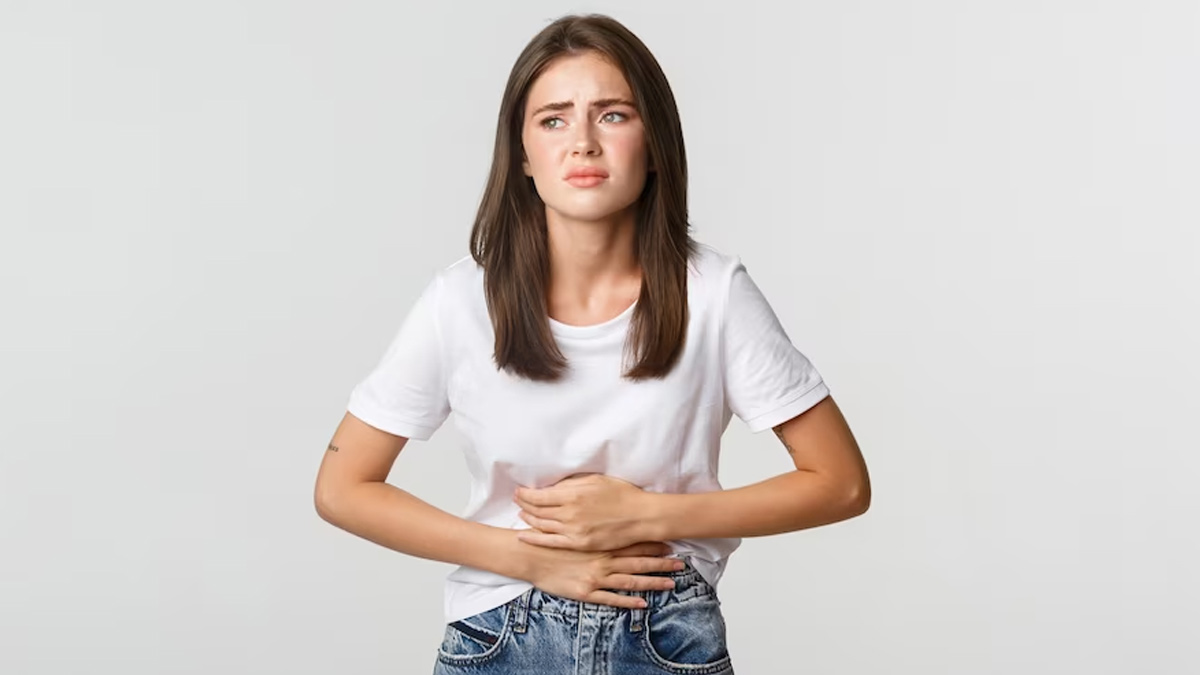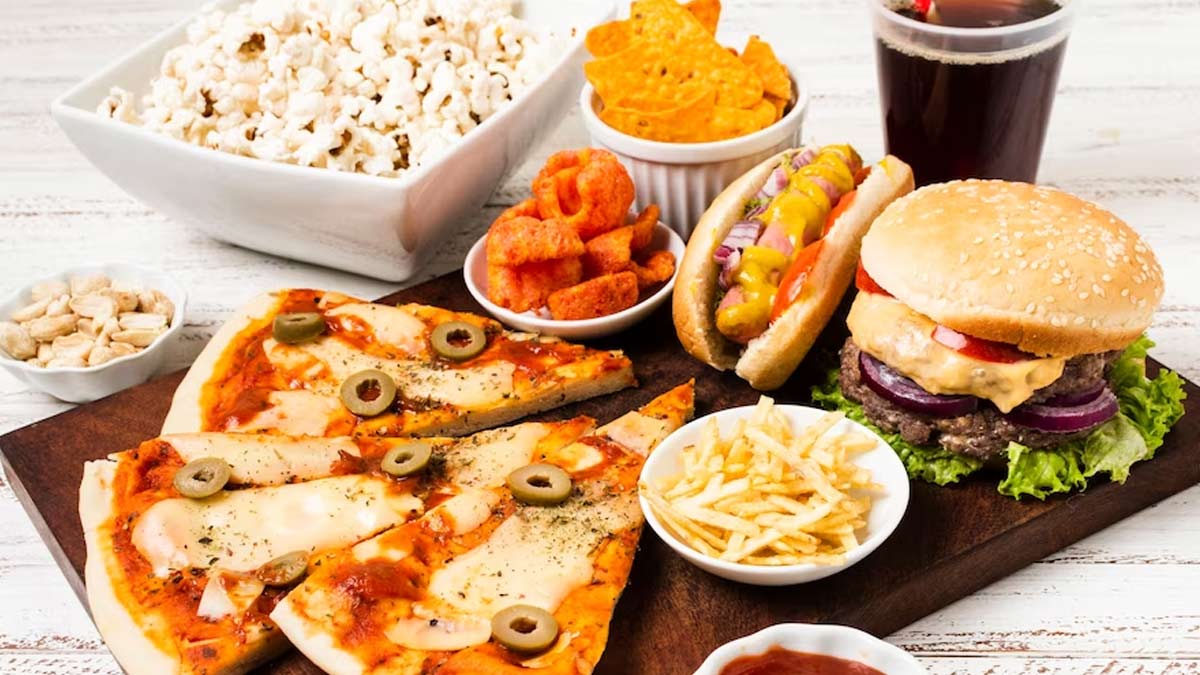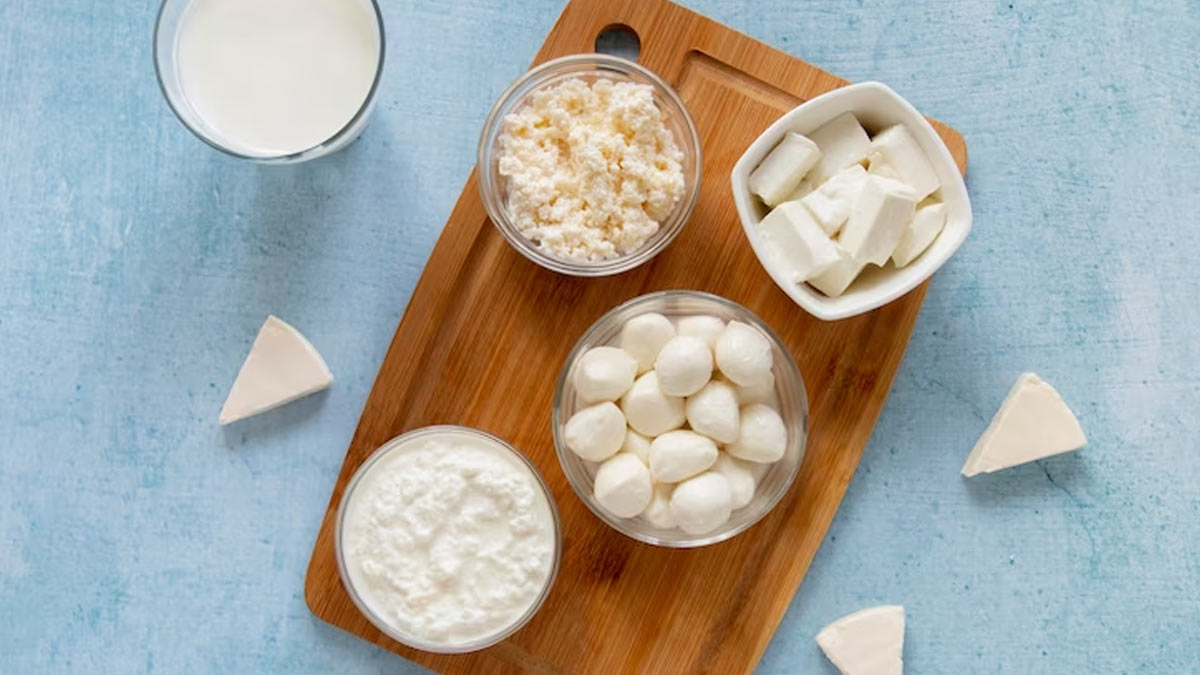

Food poisoning can leave you feeling miserable, with symptoms like nausea, vomiting, diarrhoea, and stomach cramps taking a toll on your overall well-being. While recovering from food poisoning, it’s essential to prioritise healing your gut and providing it with the right nourishment. Your digestive system may be weakened after the ordeal, and choosing the right foods can aid in soothing your stomach and restoring balance. We spoke to Prachi Jain, Chief Clinical Nutritionist (HOD) Nutrition and Dietetics, CK Birla Hospital Gurugram, who listed foods to eat and avoid after food poisoning.
Understanding Food Poisoning

Jain said, “Food poisoning is a condition caused due to consuming contaminated, toxic and spoiled food. Food contamination can be because of toxins present in food by viruses, bacteria, or parasites.” Its common symptoms are:
- Nausea, Abdominal pain, Cramping
- Severe Vomiting
- Diarrhoea
Jain added, “Vomiting and diarrhoea, if not taken care of, can further lead to severe dehydration, weakness, fatigue, and dizziness. In severe food poisoning sometimes, hospitalisation is required to know and watch the symptoms so that it can be taken care of wisely. Also, there can be complete appetite loss and the person will not feel like having food at all.” The MAMC Journal of Medical Sciences reports that approximately two million deaths per year in India can be attributed to contaminated food or unsafe drinking water.
Also Read: Stomach Cramps After Eating Food? Expert Explains Food Poisoning And Its Treatment
Importance of Healing Your Gut
Jain said, “After experiencing the distressing effects of food poisoning, your gut health may be compromised. The harmful bacteria or toxins that cause the illness can disrupt the delicate balance of your gut microbiome, which plays a crucial role in digestion, immunity, and overall health. Therefore, supporting your gut’s recovery is key to bouncing back to your normal self.”
Foods to Avoid After Food Poisoning

Outside, Street, and Raw Food
It’s wise to steer clear of street food and raw items, as they carry a higher risk of bacterial contamination, which can hinder your healing process.
High Fibre and High Residue Foods
Foods rich in fibre take longer to digest and can aggravate your recovering stomach. These include items like whole grains, nuts, and seeds.
Fried, Packed, Preserved, Processed Food
These types of foods can be taxing on your digestive system and may contain additives that hinder your recovery. So avoid consuming it to maintain your gut health after food poisoning

Milk, Paneer, Khoa, Except Yoghurt
While yoghurt and curd-based products can aid digestion due to their probiotic content, other dairy products might be harder for your stomach to process during recovery.
Fruits, Salads, Sprouts, Corns, Peas, Legumes, Beans
These foods can be tough on your healing gut due to their fibre content. Also, some legumes can cause gas and bloating.
Common Allergens
To avoid further stress on your system, it’s advisable to avoid common allergens like milk, eggs, soy, meat, mushrooms, and seafood until your symptoms subside.
Also Read: Digestive Health Day – Yoga For Digestion: 4 Effective Yet Easy Asanas To Improve Gut Health
Foods to Include After Food Poisoning

Plenty of Fluids
Staying hydrated is crucial for post-food poisoning. Consume ORS (Oral Rehydration Solution), coconut water, lemonade, and clear soups to restore lost fluids and electrolytes.
Easy-to-Digest, Low-Fibre Foods
Opt for foods that are gentle on your stomach and easy to digest. Boiled or steamed rice, mashed potatoes, khichri (a rice-lentil dish), and washed pulses fit the bill.

Probiotics
Including probiotic-rich foods like curd (yoghurt) and fermented options can help restore the balance of beneficial bacteria in your gut, aiding in digestion and overall recovery.
BRAT Diet
The BRAT diet, comprising bananas, rice, applesauce, and toast, can be soothing for your stomach and provide essential energy as you recover.
[Disclaimer: This article contains information shared by a registered healthcare professional and is for informational purposes only. Hence, we advise you to consult with your expert for a treatment catered to your needs.]
اكتشاف المزيد من ينبوع المعرفة
اشترك للحصول على أحدث التدوينات المرسلة إلى بريدك الإلكتروني.
